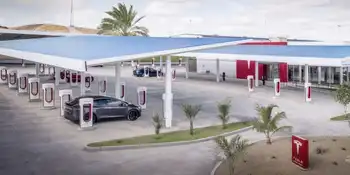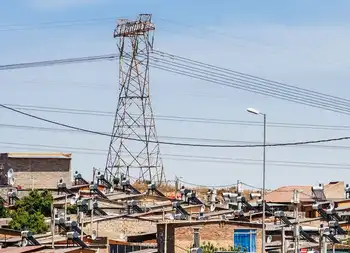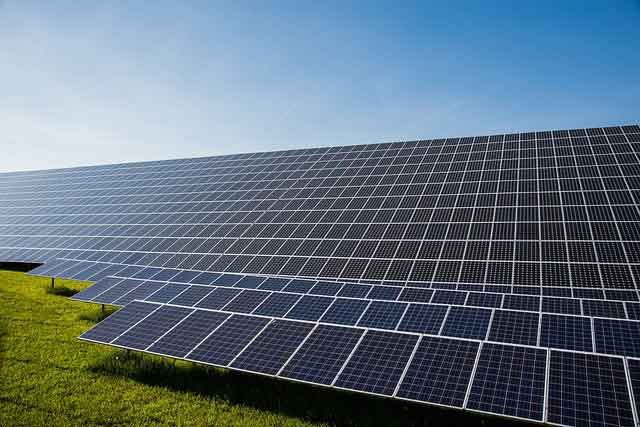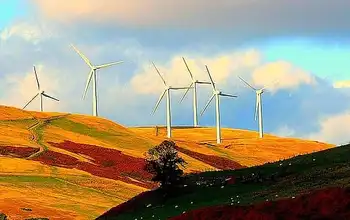EnergyConnect to work with DOD on demand response
By Business Wire
NFPA 70e Training - Arc Flash
Our customized live online or in‑person group training can be delivered to your staff at your location.

- Live Online
- 6 hours Instructor-led
- Group Training Available
“Demand response is an essential component to any long-term, national energy strategy, and it is affirming to see the federal government leading by example,” said George Barnes of EnergyConnect. “We are pleased to have been selected as a provider of important demand response services to the federal government.”
The selection was made by the Defense Energy Support Center (DESC), which is tasked by the federal government to provide comprehensive energy management and procurement solutions to the Department of Defense and other government agencies.
“The Defense Energy Support Center is committed to helping the U.S. military and other government agencies reduce their energy use and lead the way with energy efficiency and conservation measures,” said DESC Lead Contracting Officer Larry Fratis. “Demand response is a cost effective and innovative energy management strategy that does both while also providing important savings to participating agencies.”
EnergyConnectÂ’s FlexConnect program enables large electricity consumers to make informed, automated decisions about when to engage in electricity load shifting or curtailment events based on the userÂ’s operational flexibility and up-to-the-minute electricity market pricing. Participants are able to contribute to a more efficient and reliable power grid and help reduce greenhouse gas emissions from inefficient power generation while also creating new sources of revenue.
“Working with demand response providers helps us use less energy when the grid needs it the most, in exchange for which the participating facilities are able to earn valuable funds that can be put towards other energy efficiency measures. We are pleased to be working with EnergyConnect on this important initiative,” added Fratis.











